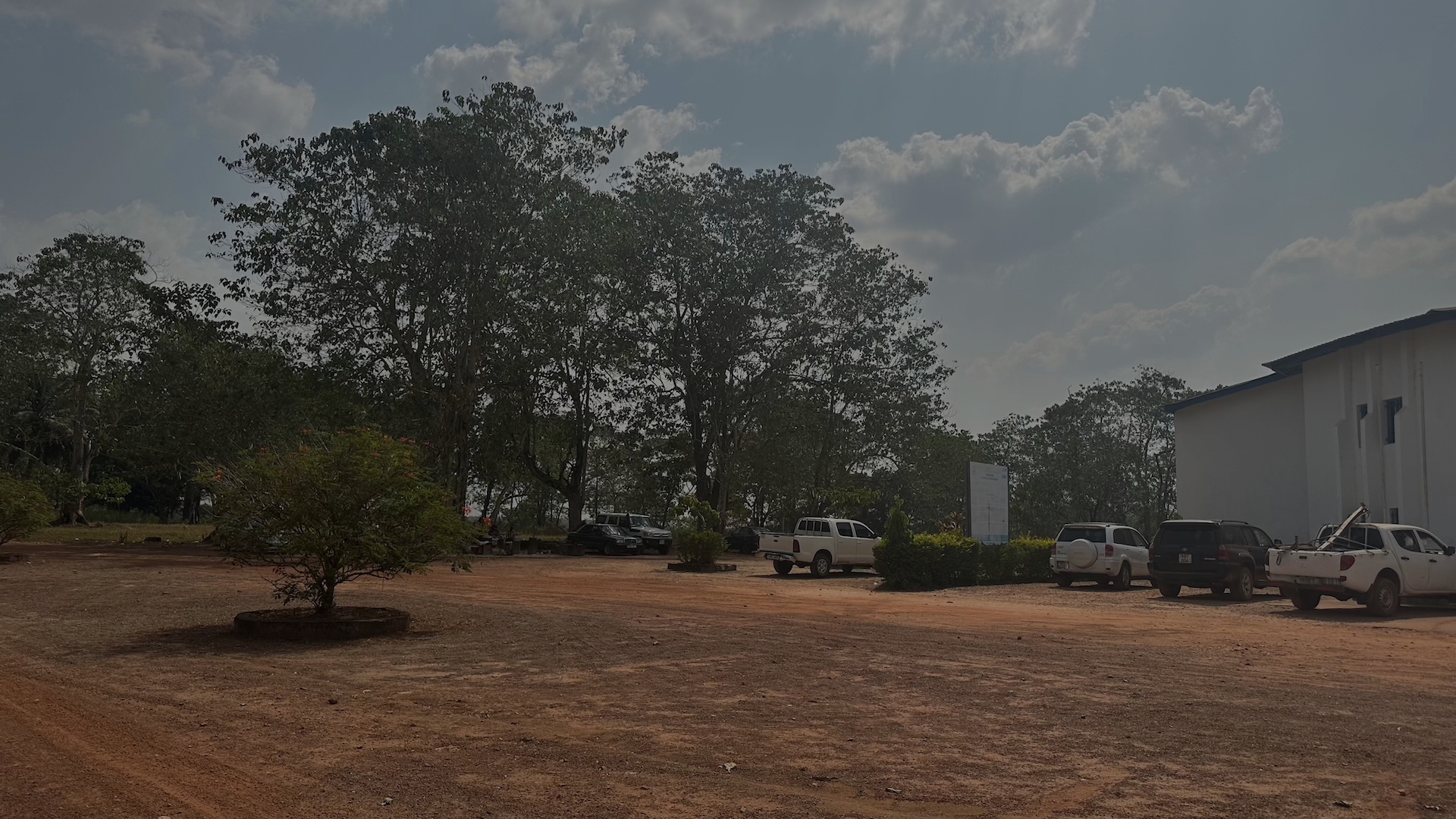Njala University Research Repository
Njala University, a rural comprehensive public research university in Sierra Leone, is committed to providing the highest standards of excellence in higher education in Sierra Leone and beyond, fostering intellectual and personal development, and stimulating meaningful research and service to humankind. The University operates on two campuses, the Njala campus, the main campus, and the Bo campus located in Bo, and offers sub-degree, degree and postgraduate programmes in the following areas
- School of Agriculture & Food Sciences
- School of Basic Sciences
- School of Environmental Sciences
- School of Natural Resources Management
- School of Technology
- School of Education
- School of Basic Education
- School of Social Sciences & Law
- School of Public Health
- School of Nursing
- School of Medical Sciences
- School of Postgraduate Studies

Communities in DSpace
Select a community to browse its collections.
